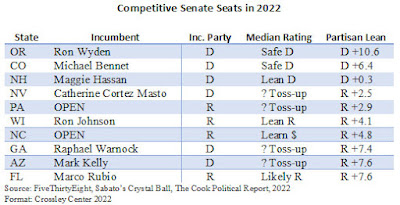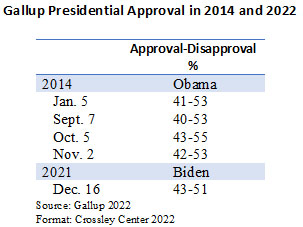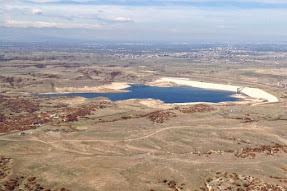April 1968 was a tragic, but extraordinary moment in American history when the nation’s two most significant leaders offered elegant statements of belief – Martin Luther King, Jr. as he gave his final speech in Memphis, Tennessee, the evening before he was shot, and Robert F. Kennedy as he spoke to a nighttime crowd in Indianapolis, Indiana, and announced the assassination to the crowd of mostly Black residents.
MLK, April 3, 1968, Memphis, Tennessee, Mason Temple speech before striking sanitation workers:
“And then I got to Memphis. And some began to say the threats, or talk about the threats that were out. What would happen to me from some of our sick white brothers?Well, I don’t know what will happen now. We’ve got some difficult days ahead. But it doesn’t matter with me now. Because I’ve been to the mountaintop. And I don’t mind. Like anybody, I would like to live a long life. Longevity has its place. But I’m not concerned about that now. I just want to do God’s will. And He’s allowed me to go up to the mountain. And I’ve looked over. And I’ve seen the promised land. I may not get there with you. But I want you to know tonight, that we, as a people, will get to the promised land. And I’m happy, tonight. I’m not worried about anything. I’m not fearing any man. Mine eyes have seen the glory of the coming of the Lord.”
RFK, April 4, 1968, Rally at Indianapolis, Indiana, largely Black audience, said:
“I’m only going to talk to you just for a minute or so this evening, because I have some very sad news for all of you Could you lower those signs, please? I have some very sad news for all of you, and, I think, sad news for all of our fellow citizens, and people who love peace all over the world; and that is that Martin Luther King was shot and was killed tonight in Memphis, Tennessee.Martin Luther King dedicated his life to love and to justice between fellow human beings. He died in the cause of that effort. In this difficult day, in this difficult time for the United States, it’s perhaps well to ask what kind of a nation we are and what direction we want to move in.
For those of you who are black considering the evidence evidently is that there were white people who were responsible you can be filled with bitterness, and with hatred, and a desire for revenge.
We can move in that direction as a country, in greater polarization black people amongst blacks, and white amongst whites, filled with hatred toward one another. Or we can make an effort, as Martin Luther King did, to understand, and to comprehend, and replace that violence, that stain of bloodshed that has spread across our land, with an effort to understand, compassion, and love.
For those of you who are black and are tempted to fill with hatred and mistrust of the injustice of such an act, against all white people, I would only say that I can also feel in my own heart the same kind of feeling. I had a member of my family killed, but he was killed by a white man.
But we have to make an effort in the United States. We have to make an effort to understand, to get beyond, or go beyond these rather difficult times.”
Two months later, June 5, Kennedy was assassinated in the Ambassador Hotel in Los Angeles after winning the California primary.
Read MLK’s “I’ve been to the Mountaintop” speech
hereRead RFK’s speech of April 4, 1968
here


























